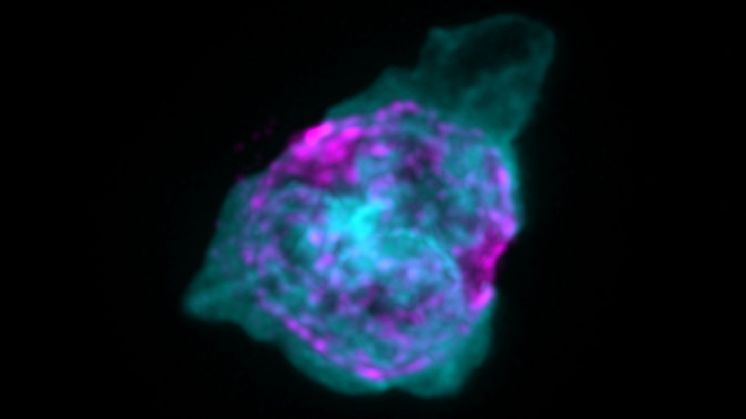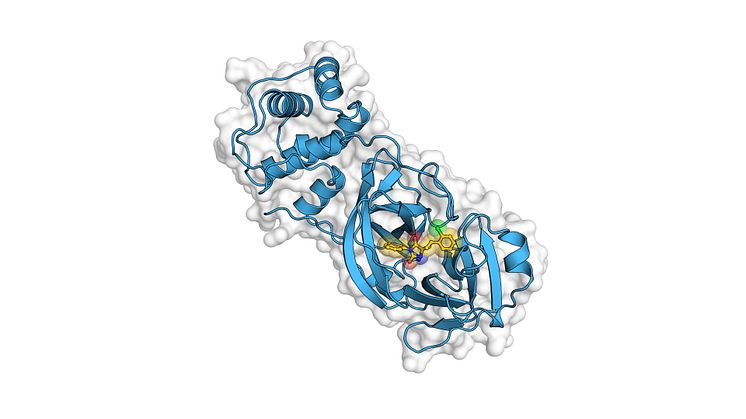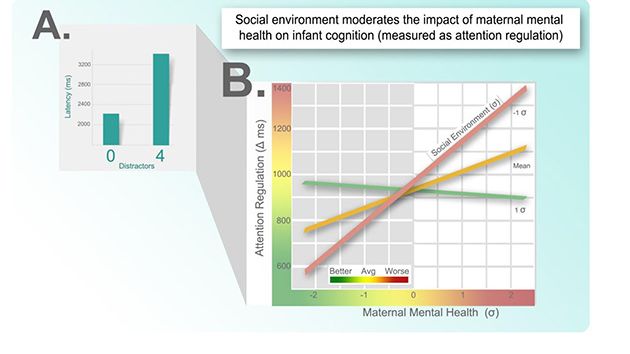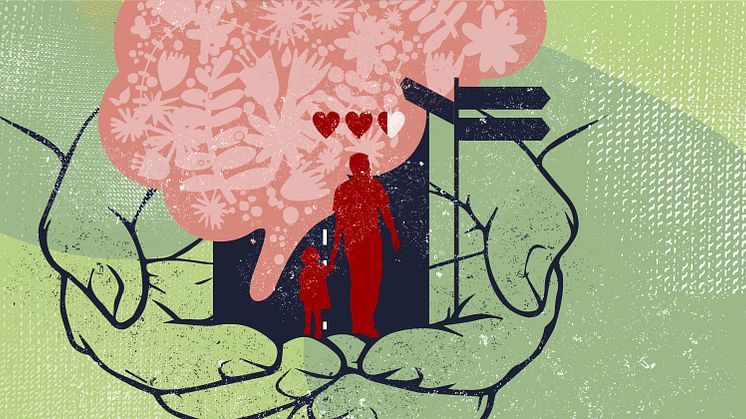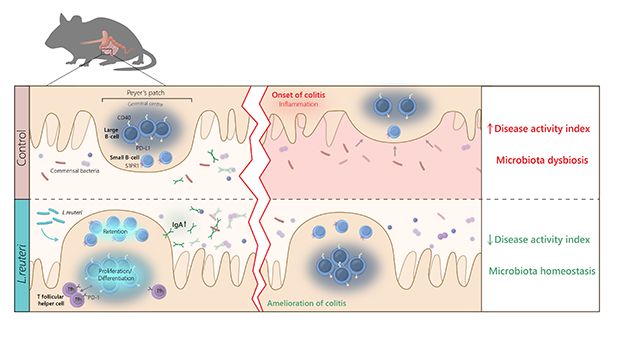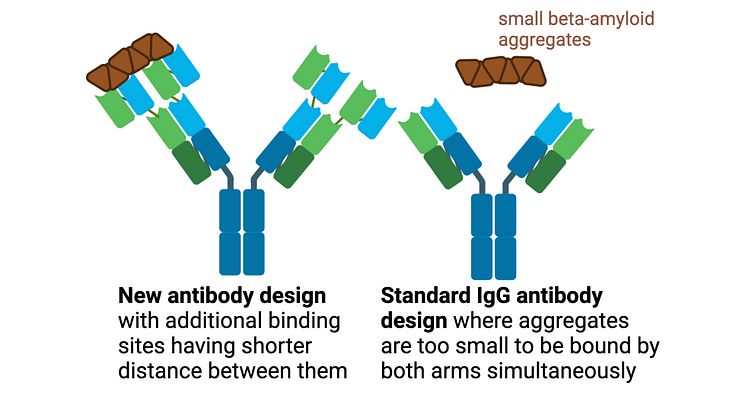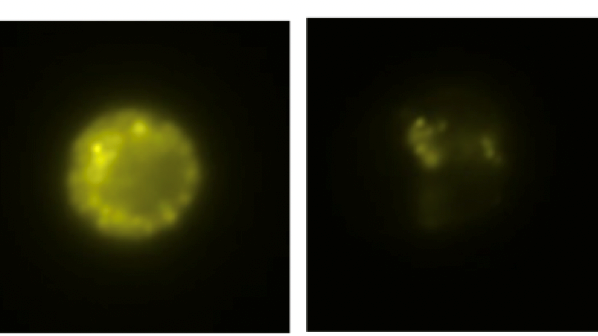Mobile app reduces post-traumatic stress
Support offered by a phone app can relieve post-traumatic stress and depression. A new study from Uppsala University’s National Centre for Disaster Psychiatry involving 179 patients shows that a dedicated PTSD app, PTSD Coach, helps adults suffering from mental health issues after traumatic events.

